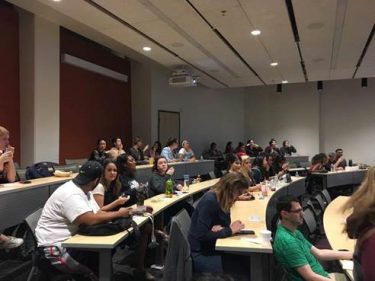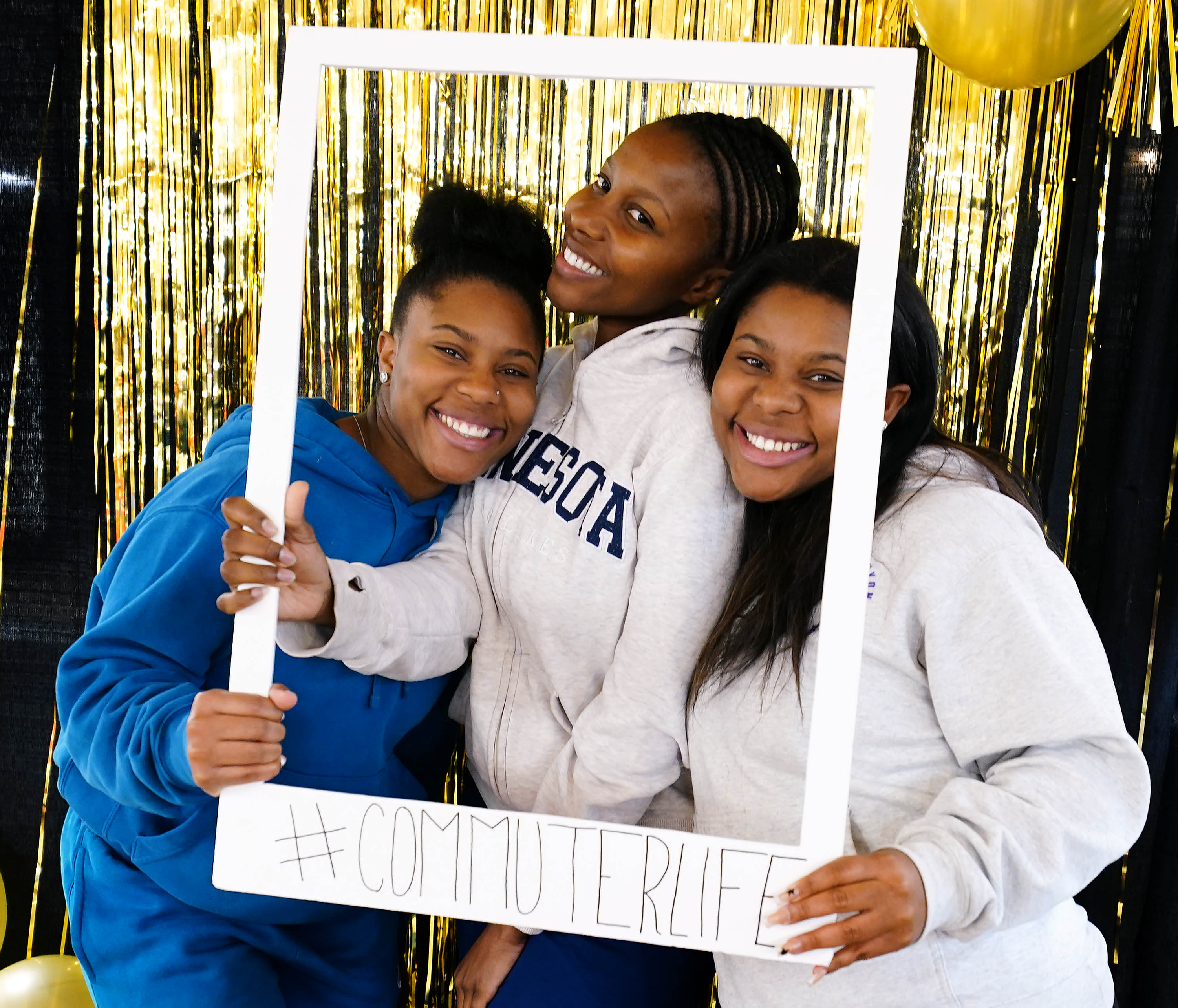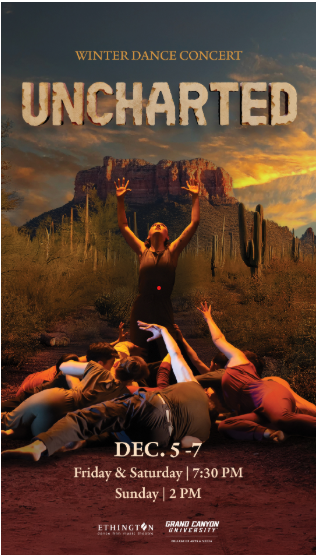By Mark Heller
GCU News Bureau
Communication transcends words, and the challenging dynamics of inner cities require going beyond mere listening if you are to truly have empathy and understanding.
A four-person panel sat before a crowded room of Grand Canyon University students on Wednesday night, shared their sometimes harrowing lives and answered students’ questions for several minutes afterward about communication challenges among underserved, underprivileged and diverse communities. “The Role of Communication in Underprivileged Communities” was put together by Lambda Pi Eta, GCU’s chapter of the National Communication Association’s honors society.
Patrick Palmer was once an addict and briefly was homeless until he found ministry work to be his calling in Atlanta more than a decade ago. Since he felt compelled to live among the residents he and his family served, it often meant “reverse” racial discrimination and acrimony as one of few white families in the neighborhood, often directly affecting his four young children.
Although Palmer moved his family to Scottsdale a little more than a year ago to be the Gateway Church Outreach Pastor, he used “empathy exercises” to continue relating with those less fortunate. He went months without a haircut, occasionally stayed in a homeless shelter or even the street, and asked strangers for lunch money.
It was, as other speakers reiterated, about walking in someone else’s shoes.

“If you seek to understand (others), you can be understood, and that’s much more impactful communication,” Palmer said. “We stop seeing each other in those (gender, racial, class) ways and start seeing everyone as people like us.”
Such a notion deeply resonated with fellow speaker Sarah Esperanza from the Phoenix Rescue Mission. After all, there must have been some reason(s) why she was born an Esperanza, the Spanish word for “hope.”
During her time in California, she became one of the very clients she now serves at the Phoenix Rescue Mission, a place where homeless, mentally ill and abuse victims can receive counseling, life skills and training to help change their lives.
Esperanza passionately read a poem, then referenced Genesis 21:1, in which God delivered Sarah and Abraham a baby, Isaac, as God had promised despite Abraham’s old age.
As a former client in a mental hospital, Esperanza then turned the tough questions outward:
“What’s your goal when you communicate?” she asked. “Is it to impart knowledge or wisdom in their life? Or is it to listen? How do you communicate hope to others’ lives if you don’t understand them? … Never assume someone is beyond hope.”
Perking up your ears was a common refrain from both GCU Global Outreach Manager Blake Small and Captain Sean O’Brien from the Salvation Army.
Born in South Korea, Small was adopted by a family in Gilbert and attended Arizona State to be an accountant. It wasn’t for him, and he moved to inner-city Chicago to go into the ministry before returning to Phoenix a couple of years ago.
“Being present can speak to it more than anything,” he said.
O’Brien said, “Give them the opportunity to speak first, and learn what it is they truly want. It’s so important to listen first and not assume you know what someone else wants.”
Contact Mark Heller at (602) 639-7516 or [email protected]















